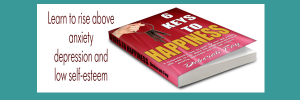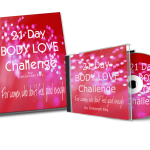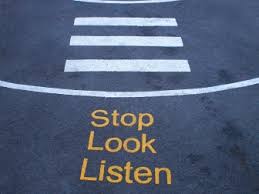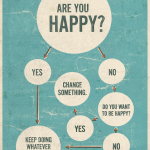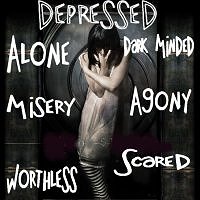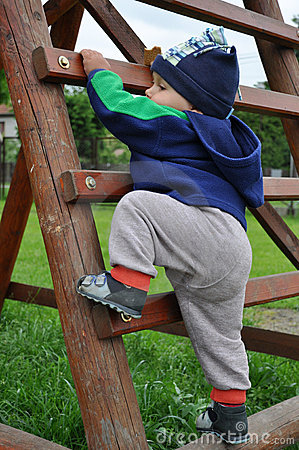If I were to ask you who are you, what would you say? Do you know? And even more importantly, how would you say it? Would you be able to answer that question with conviction and pride?
Today I want to explore how well you know yourself and how sure you are about who you are, because knowing the answer to those 2 questions can make a world of difference to the way in which you experience your life on a day to day basis.
When a woman is busy, she has to get clear about what she needs to achieve in order to make the most of the time she has, and I know that you understand what I am talking about because I don’t know a woman who hasn’t been, if she isn’t currently, very busy meeting the daily demands of life. It is just the way it is and every woman knows that.
There are lots of things that can get in the way of enjoying a productive day, though, and one of the biggest blocks to productivity in my opinion, is indecision. Further to that, I honestly believe that the root of all indecision lies in not knowing who you are and what you stand for.
“We are what we repeatedly do. Excellence, therefore, is not an act, but a habit. ” – Aristotle
It is my opinion that excellence comes from getting very clear with yourself about who you are. Knowing who you are makes a world of difference to how productive your day is because it changes the way you approach opportunities and choices. Sometimes it is important to remain open to things but most of the time, remaining open only slows you down and holds you captive in a promise that may or may not eventuate.
“Your life changes the moment you make a new, congruent, and committed decision.” – Tony Robbins
When you know who you are, or decide who you want to be, you can effortlessly distinguish between those options that resonate with you and those options that are not for you at this point in time. This is truly the greatest secret to time management I have ever come across, and what I want to do today is take you through a simple exercise that will help you to really get to know yourself or the you that you decide you want to be.
I want to start you on a journey where you know yourself as a decisive person, and I want you to know what it feels like to be living life on purpose. There is so much joy in living a juicy, authentic life that reflects your personal, heartfelt values and if you aren’t already there, it starts with the following 3 steps.
Step 1: I want you to finish each of the following sentences with strong statements that reflect what matters to you. We are creating affirmations here that you can take into your daily life as a reminder of who you are and what you stand for. Meditate on each statement and ask for the words that reflect your authentic self. I have given examples which you are more than welcome to use until you define your own statements more clearly. Just be sure to choose statements that reflect someone you can honestly aspire to. Choose to be someone you would be proud to look up to.
Spiritually, I am…
(An example here might be: Spiritually I am connected and deeply fulfilled.)
Physically, I am…
(An example here might be: Physically, I am strong and healthy.)
Emotionally, I am…
(EG Emotionally I am strong enough to handle anything that comes my way.)
Financially, I am…
(EG Financially I am fit and healthy and the right opportunities always come to me at the right time.)
In my career, I am…
(EG In my career, I am a competent and capable woman who leads from the front.)
In my relationships, I am…
(EG In my relationships, I am loving and caring and I enjoy love and respect from the people closest to me.)
Socially, I am…
(EG Socially, I am having fun enjoying new and exciting experiences that rejuvenate and inspire me.)
As a member of my community, I am…
(As a member of my community, I am a valued contributor to causes that matter to me and what I give is always greatly appreciated.)
As a person, I am…
(As a person, I am strong and generous and kind. I love life and life loves me. I am so very fortunate.)
Step 2: Each day for 7 days I want you to say these affirmations out loud in front of a mirror before you get in to your day and I want you to say them like you are trying to convince yourself that they are all true.
Step 3: Notice how your body feels when you say your affirmations. Do you feel stronger, more decisive, more on purpose? Are you standing taller, is your back straighter and is your head held high?
When you can feel these things in your body, know that you are ready to move into your day and know that your day will be exactly what you make it. Carry your affirmations with you, if you like, to remind you of who you are at any time during the day and to sustain your new decisive state of being. And at the end of the day, make a mental note of how different you and your day felt from this place of knowing who you really are.
And finally, love who you are. Know that you deserve great things.
Important Links for creating a Juicy Life in 2016
If you want to know more about Holistic Counselling and Relationship Coaching follow this link:
If you would like to read my book 6 Keys To Happiness follow this link:
If you would like to take yourself on a 21-Day Body Love Challenge to heal physical and emotional wounds follow this link:
I look forward to working with you and alongside you while you create your very own Juicy Life in 2016


